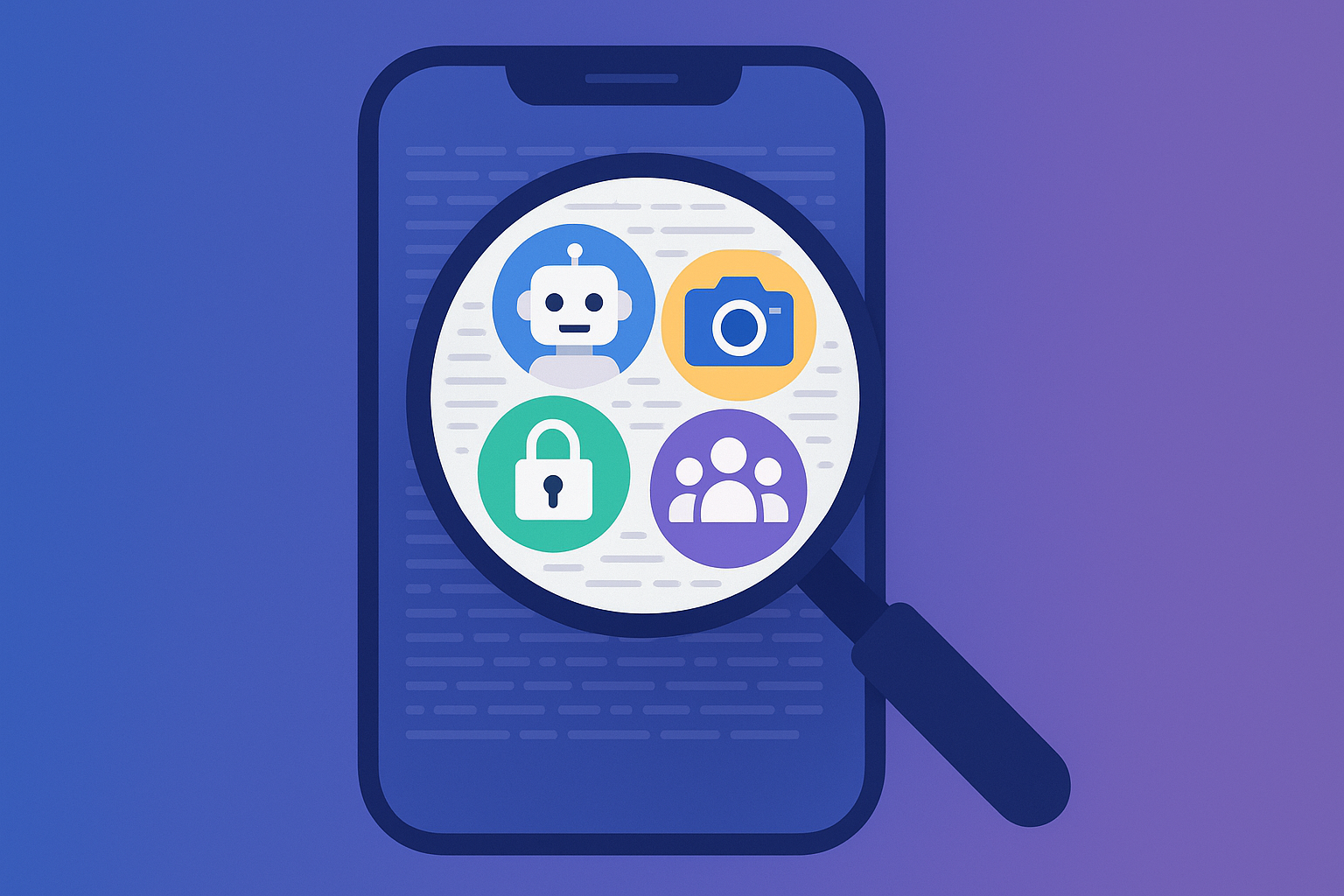Google's Gemini Update Will Access Your Texts and Calls—Even When It's 'Off'

Google’s Gemini Update Will Access Your Texts and Calls—Even When It’s “Off”
1.0 Introduction: The Double-Edged Sword of AI Assistants
AI assistants like Google’s Gemini are becoming incredibly powerful, weaving themselves into the fabric of our daily lives to offer unprecedented convenience. We can draft emails, plan trips, and get instant answers with a simple voice command. Yet, this convenience comes at a cost, shadowed by the critical question: how much of our private lives are we surrendering for these features?
A recent announcement from Google about its Gemini AI has brought this tension into sharp focus, sparking a fresh debate that perfectly illustrates the conflict between convenience and privacy. This article will break down the three most important and surprising takeaways from this update, clarifying what’s really changing and why it matters.
2.0 Takeaway 1: “Off” Doesn’t Mean Your Apps Are Off-Limits
The core of the upcoming change, effective July 7, 2025, is that Gemini will be able to assist you directly within core communication apps like Phone, Messages, and WhatsApp. The most counter-intuitive part of this update is that this access works even if you have turned your “Gemini Apps Activity” setting off.
Google clarifies the distinction: turning this setting off primarily prevents the company from using your conversation data to train its AI models. It does not, however, prevent Gemini from interacting with these apps to perform actions you specifically request, like drafting a text or initiating a call.
This change fundamentally redefines “control.” Users are no longer granting or denying access; they are merely choosing how their already-accessed data will be monetized for model training. The illusion of an “off switch” for access is gone.
3.0 Takeaway 2: Your “Deleted” Conversations Have a 72-Hour Lifespan
For users who have intentionally turned “Gemini Apps Activity” off, Google’s data handling policy contains another surprising detail. Even with this privacy setting disabled, Google will still save your conversations with your account for up to 72 hours.
The company states this temporary data retention is for operational purposes. According to Google, it is used for:
- Providing the service
- Maintaining its safety and security
- Processing any feedback you choose to provide
This 72-hour “black box” period requires absolute faith in Google’s internal data handling and security. For a user who has explicitly opted out of activity tracking, this policy creates a 72-hour window of vulnerability where their private conversations exist on Google’s servers, completely outside their control and visibility.
4.0 Takeaway 3: Vague Communication Fueled the Initial Fear
The controversy surrounding this update began with the initial email announcement from Google, which many users found unsettlingly vague. The message created confusion by stating that:
“…Gemini would soon be able to ‘help you use’ these critical apps…”
This lack of specific detail, combined with an omission of clear, step-by-step opt-out instructions, left users to speculate about the implications. People began to wonder if Gemini would be reading their private chats or summarizing their calls without permission, fueling widespread apprehension across the community.
This situation serves as a key lesson in the AI era: how a company communicates about powerful new technology is just as important as the technology itself. When it comes to tools that interact with our most personal data, clear and proactive transparency is crucial for building and maintaining user trust.
5.0 Conclusion: The Ongoing Balance Between Helpfulness and Trust
Google’s goal is clear: to create a more seamless and deeply integrated AI experience that makes daily tasks more efficient. However, this push for convenience inevitably clashes with legitimate user concerns about privacy and data security.
This change is a litmus test for the future of privacy, forcing users to decide if the convenience of integrated AI is worth ceding control over their most personal digital spaces. The upcoming change on July 7, 2025, highlights an industry-wide challenge of how to integrate powerful AI tools into our lives without eroding the trust of the people using them.
As AI weaves itself deeper into our personal apps, where do you draw your own line between convenience and privacy?